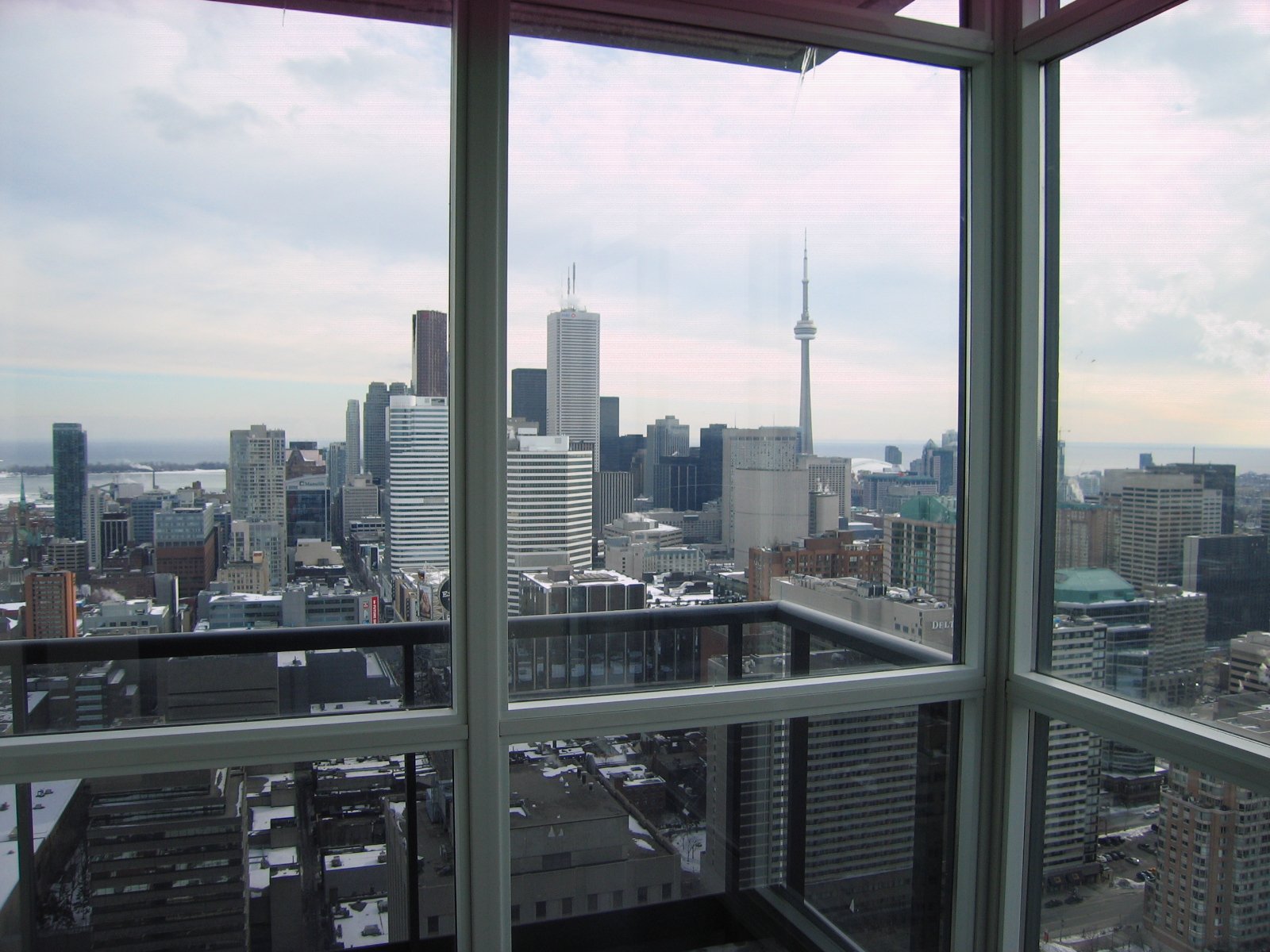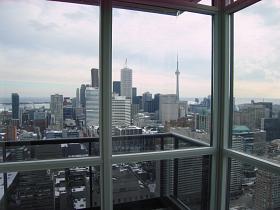Toronto Condos: Should the Buyer beware?
With Toronto having twice as many construction cranes for high-rise buildings as most of the other cities in the North American continent, one has to wonder why the sale of condominiums is rapidly falling. Numerous construction projects are also in the planning stage to meet the demand for housing, yet this does not seem to affect the condominiums being completed every other day.
Therefore, the question remains, what is it that makes the condominiums being built so unattractive now as opposed to earlier on? Should the Toronto buyer beware of this kind of housing?
In order to know what exactly is leading to the fall in sales of condominiums, one has to look at the complications that come with owning one of these units. According to information obtained from a forum organized in the month of September by the Canadian Urban Institute, the ownership of condominiums has many implications with most being negative.
Any buyer looking to purchase a condominium within Toronto should be ready to deal with the management problems that accompany this kind of housing. Once a developer completes the construction of these units, they hand over the management of the condominiums to a volunteer board. Too often, these boards are made up of members who have no experience managing ‘multi-million dollar real estate’ and trouble begins from there. The board members may delegate the running of the properties to an unregulated property management company.
Speculators and absentee investors are another complication in this sector. These people ‘do not occupy but rent out their units’. This makes it impossible to achieve a quorum during decision-making processes at annual general meetings, thus leaving management in disarray.
Condominium owners also have to contend with escalating maintenance costs and insufficient funds given by the board to address their problems. This may end up leading to expensive lawsuits against developers.
With many developers and investors looking to make as much profit as possible from their condominiums sales, most owners of the units end up missing out.Such units are usually very small and very expensive. This makes them more suitable for ‘a young transient population’.
While this is good for business, it is very bad for city areas, which rely on long-term residents to build a sense of community. This compromises the social and livability aspects of the residential areas. Therefore, it is up to every condominium owner to ensure that they not only read the fine print with regard to the units they are interested in, but also ensure their set criteria are met satisfactorily.
It is important to note that condominiums are quite handy in a city where rental units have been abandoned by investors due to their long-term maintenance costs.
Condominiums also give one a higher level of flexibility in terms of renovations. What the government needs to find is a balance when it comes to providing suitable housing for all.
Comments
There are 0 comments on this post













